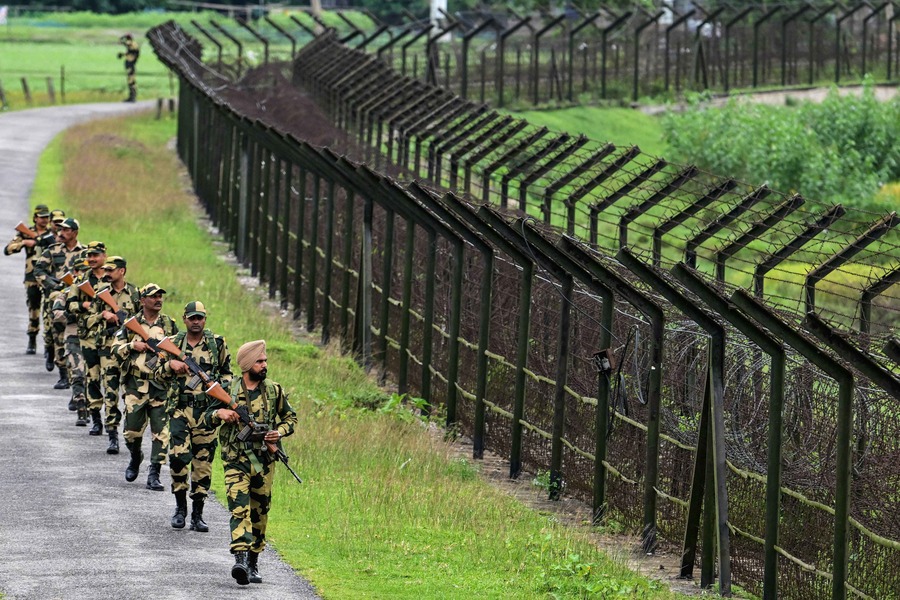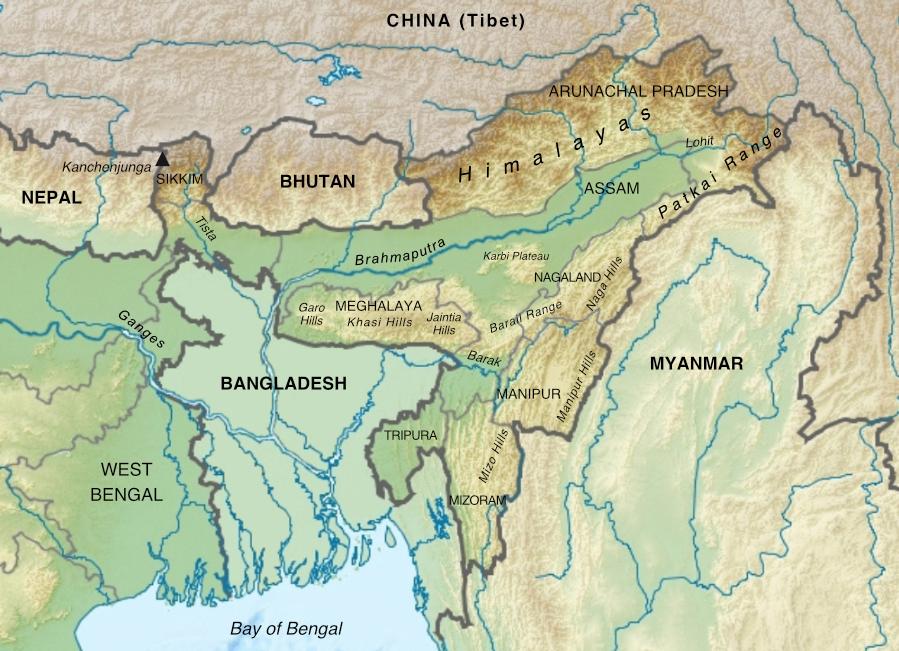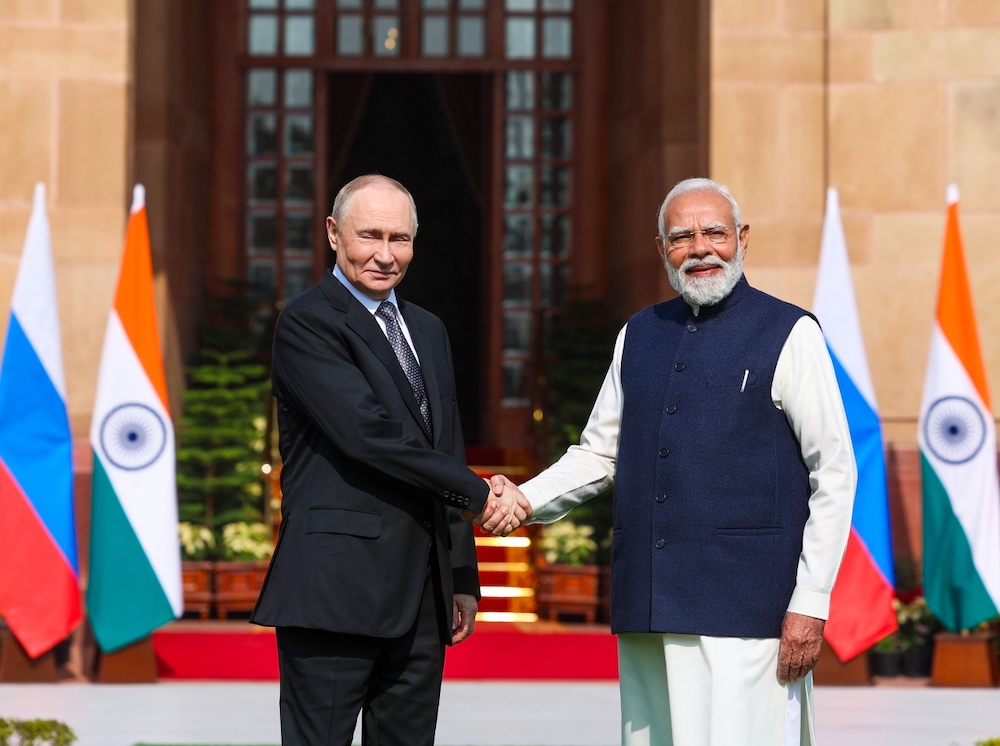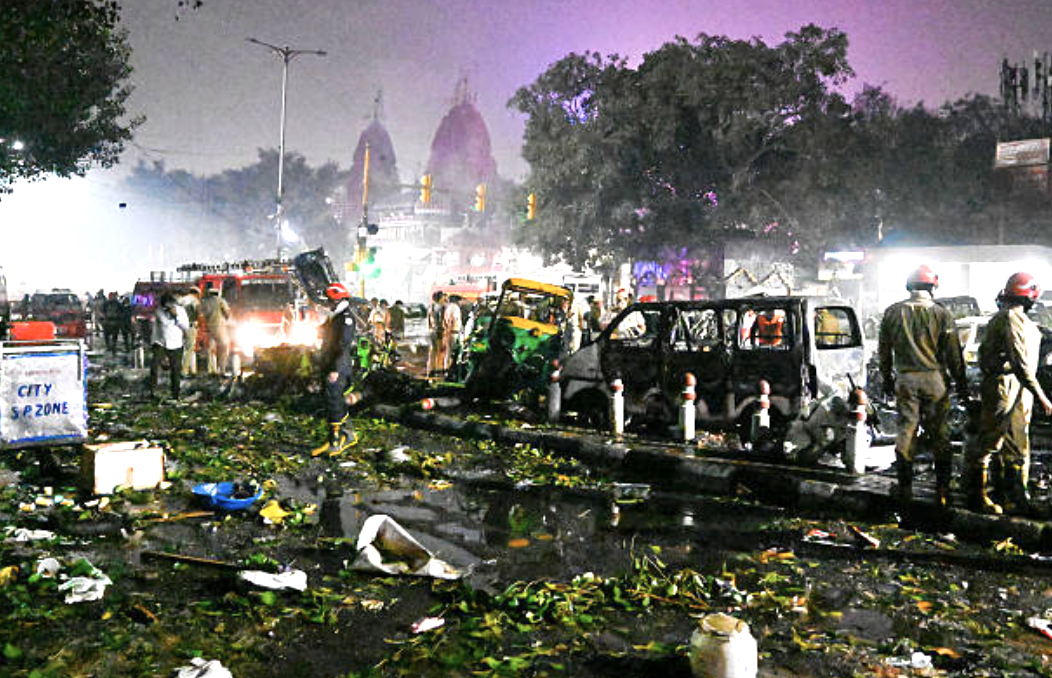 Devotees taking holy dip in Ganga during Kumbh Mela in Haridwar.
Devotees taking holy dip in Ganga during Kumbh Mela in Haridwar.
Unlike other pathogens, the novel coronavirus, Covid-19, seems to be a bit different. It is like Vali, the monkey king with special powers in the Hindu epic Ramayana. Legend has it that whoever confronted Vali in a close combat lost half of his strength to Vali, thus enhancing the monkey king’s powers further to vanquish his opponent.
The same is the case with Covid-19. The more the number of people came closer to it, its area of contamination grew bigger and bigger. It enhanced its daily count of infections from three digits a year ago to six digits at present, which is well over 300,00o new cases per day. That’s why Rama applied a wise strategy to kill Vali. He shot him with an arrow from behind a distant tree.
The reason we have been failing in our war against the virus since last spring may be attributed, among other things, to the fact that we have somehow been reluctant to fight it from a distance. As per standard operating procedures, masking, social distancing, washing, etc, will keep us away from potential contamination and the virus will have its natural extinction. However, we reached out to the virus by neglecting “Covid-appropriate behaviour”.
In 2015, the World Bank stressed that human development initiatives would not succeed unless people’s behaviour is taken into consideration. Same inference will hold good for countering the current pandemic effectively. According to Sigmund Freud, the legendary Austrian neuroscientist, human behaviour is the outcome of interactions between three components of mind – id, ego and superego.
Id is a biological facet which is the source of primitive and irrational instincts, such as libido (life), destrudo (death), fear, fearlessness, etc. Libidinal instincts of Id propel the mind to pursue freedom fearlessly even in perilous situations. Superego is the social face of mind which mirrors the realities in the environment and strives to impose rules and norms to follow for safety. There is always a conflict of propensities between id and superego.
Ego, the psychological component and CEO of mind, mediates between the two to pave the way for proper behaviour. If ego moderates intelligently so as to serve the existential interests of the individual, safety could be assured. Or else, insecurity and uncertainty will ensue. Coming to the context of Covid-19, it can be ascertained that the current crisis reflects the latter. At present, human id appears to be dangerously on “reckless freedom” mode and ego is failing to check its dominance. Therefore, masking, social distancing, hygiene and other safety precautions of superego have almost been thrown to the wind by most of us. Ego seems to have failed in disciplining id. Consequently, freedom without discipline has become chaos – a scenario where disorder reigns supreme and endangers the lives of all people.
It can also be inferred that a significant chunk of the Indian population is not yet in a position to differentiate between freedom and safety. It is true that freedom to move around physically across the country or world is a fundamental human right which everyone has to exercise and enjoy. However, existential crisis arises when freedom is valued greater and pitted against safety of life in times of calamity as on today.
French philosopher Jean Paul Sartre, who propounded “man is condemned to freedom,” prioritised existence over essence. Existence pertains to survival whereas essence refers to, among other things, freedom. Alongside Sartre’s existentialism, Freud’s psychoanalysis too makes emphasis on how to firstly secure life. Thomas Hobbes, a 17th-century English thinker advocated that every individual has to sacrifice some amount of personal freedom in exchange for safety of life.
Then, how freedom can be regulated for the sake of individual and collective safety may be illustrated by an example.
In a way, Covid control is akin to traffic management. We don’t let our children play on the road. We would like to have, first of all, order which facilitates security and welfare of the kids while on the road. Otherwise, we restrict them to be confined to home premises. Similarly, government is supposed to employ a two-pronged approach to break the chain of Covid-19 infections. Primarily, there need to be requisite legal interventions, commensurate with the gravity of the plight so as to ensure that there is Covid-curbing environment in which the people are temporarily held back to exercise their freedoms in an unbridled manner.
This is what we call as extrinsic discipline. The other one is intrinsic discipline which warrants every person to practice safety procedures without fail. This will help one stick to “Covid-appropriate behaviour”.
The question that may spring up immediately is as to how people could be persuaded to strictly comply with Covid-control protocols? Freudian psychoanalysis lays down that the individual has to accord top priority to safety in the threatening circumstances by relegating one’s freedom to secondary place. In order to achieve this end, one will have to embolden his ego component to veto the illogical idiosyncrasies of id and consider the actual realities out there in the society as put forth by superego. Here four elements – reason, logic, calculated risk and cost-benefit analysis will come handy.
Firstly, principles of reason don’t allow irrational emotions and unscientific sentiments to blind the mind. So, individual will realize that the Covid crisis is something very severe and needs to be tackled on priority basis. Secondly, appreciation of logic facilitates clarity of thought and right perception of social realities. Hence, the individual will feel convinced that other routine socioeconomic and political issues can wait for attention but not health emergency like the raging pandemic. Thirdly, risk calculations forewarn imminent hazards. It means that the individual has assessed the damage done by the virus so far and is alerted to prevent further loss. Lastly, cost-benefit scrutiny helps one and all act rationally. Therefore, the individual will start making decisions and behaving accordingly in terms of the order of urgency and importance – that is, safety or freedom.
It is already too late for India to mitigate the extensive devastation caused by irresponsible behaviour of the citizens. So, it is critical right now for everyone to observe safety protocols as freedom will always come jubilantly later when survival is in place.
Disclaimer: All views expressed in this article are the author’s and might not reflect to the views of India Sentinels.










